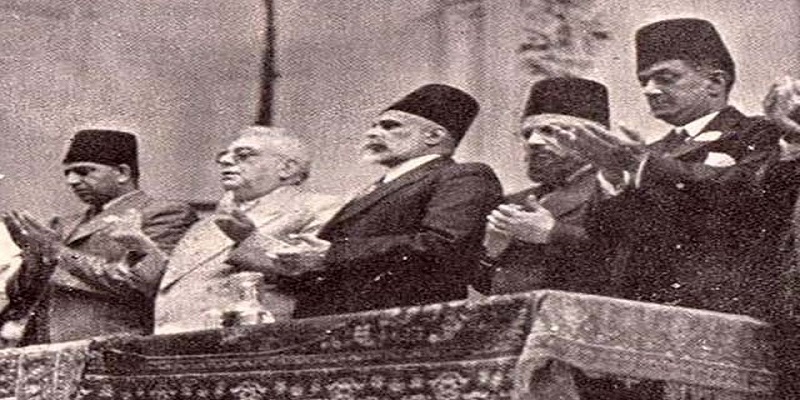Separate Electorates in Diverse Societies
Separate electorates refer to a system in which different religious or social groups have their own reserved seats in legislative bodies, and members of each community vote only for candidates from their own group. This concept has been implemented in various countries throughout history, often as a means of addressing issues related to religious or ethnic diversity, and it has both supporters and critics.
The idea behind separate electorates is rooted in the desire to ensure representation for different communities in a diverse society. Proponents argue that it helps safeguard the interests of minority groups, preventing their marginalization in the political process. This approach is often seen as a way to promote inclusivity and protect the rights of minority communities that might otherwise be underrepresented in mainstream politics.
However, the implementation of separate electorates has been a topic of controversy and debate. Critics argue that it can lead to the segregation of communities and perpetuate divisions based on religion, caste, or ethnicity. In some cases, it may exacerbate tensions between different groups rather than fostering harmony and unity.
Historically, separate electorates have been associated with efforts to address religious and ethnic diversity. One notable example is the Communal Award in British India, introduced by the British colonial government in 1932. The Communal Award proposed separate electorates for different religious communities, including Hindus, Muslims, Sikhs, and others. This move was intended to ensure adequate representation for each religious group in the legislative bodies.
While the Communal Award was implemented with the goal of promoting representation, it also faced criticism for potentially deepening religious divides. Mahatma Gandhi, a key figure in India's struggle for independence, opposed the idea of separate electorates, arguing that it would perpetuate communalism and hinder the development of a unified, secular nation.
In South Africa, during the apartheid era, separate electorates were enforced to institutionalize racial segregation. The system divided the population into racial categories, with each group having its own separate electorate. This was a blatant attempt to legitimize racial discrimination and ensure white minority rule. The apartheid regime used separate electorates as a tool to control political power and suppress the rights of the majority black population.
The legacy of separate electorates in South Africa is a dark chapter in history, illustrating how such systems can be manipulated to perpetuate injustice. The international community condemned apartheid and pressured the South African government to dismantle the discriminatory system, ultimately contributing to the end of apartheid in the early 1990s.
In contemporary times, the debate over separate electorates continues in various parts of the world. Some argue that in diverse societies, separate electorates can be a pragmatic way to address the challenges of representation and prevent the domination of majoritarian interests. Others contend that this approach risks reinforcing divisions and preventing the development of a cohesive, inclusive society.
In some countries, affirmative action measures have been implemented as an alternative to separate electorates. These measures aim to ensure representation and opportunities for historically marginalized groups without resorting to separate electorates. Affirmative action may take the form of reserved seats, quotas, or other mechanisms designed to promote inclusivity and diversity.
While the goals of separate electorates may be rooted in the noble intention of providing representation to marginalized communities, the potential drawbacks cannot be ignored. Critics argue that such systems may lead to the ghettoization of communities, limiting their interactions with the broader society and hindering the development of a shared national identity. Additionally, separate electorates may perpetuate stereotypes and reinforce the notion of differences between communities, making it challenging to build a cohesive and integrated society.
Separate electorates have been a controversial and often divisive approach to addressing issues of representation in diverse societies. While proponents argue that it can be a necessary measure to protect the rights of minority groups, critics caution against the potential for segregation and perpetuation of divisions. The historical examples of the Communal Award in British India and the apartheid regime in South Africa highlight the complex and sometimes harmful consequences of implementing separate electorates. In the modern context, the debate over how best to achieve representation and inclusivity in diverse societies continues, with some advocating for affirmative action measures as a more nuanced and integrative approach. Ultimately, the success of any system depends on its ability to balance the goals of representation and unity, fostering a society where all communities can coexist and thrive.

